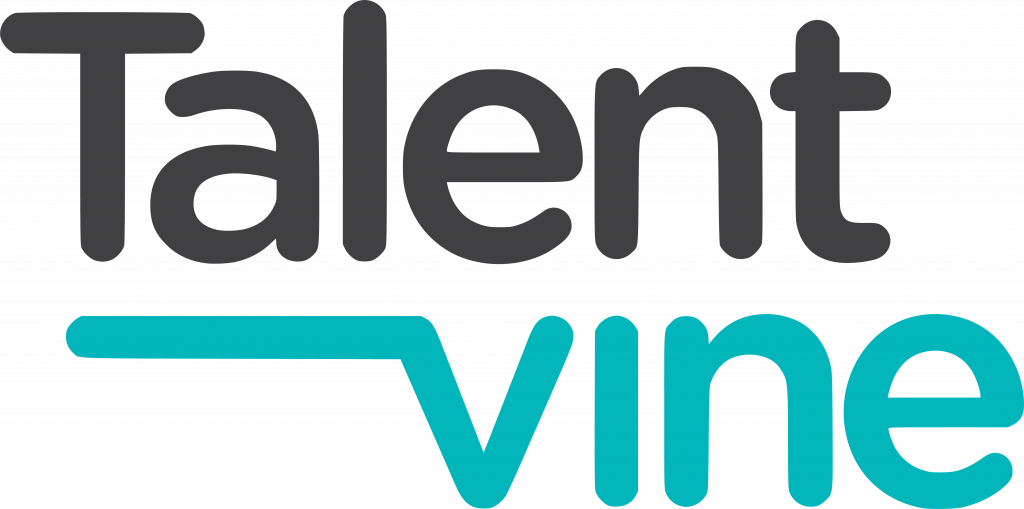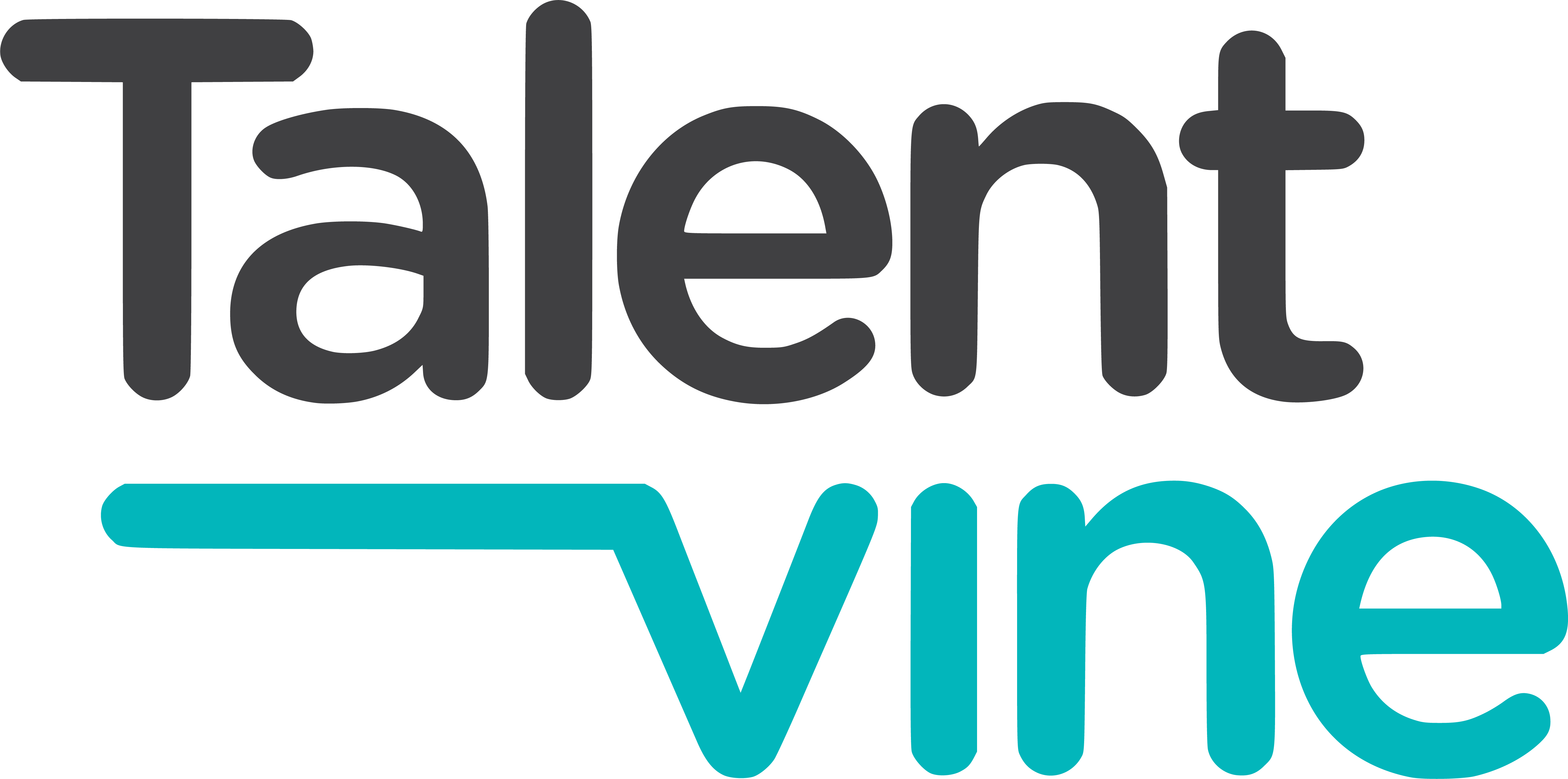The quest for cost reduction is a constant challenge for organisations of all sizes.
But it’s important to remind ourselves that monetary cost is just one concern, and time cost can be just as vital. In the recruitment process, every minute spent can have a significant impact on your organisation’s bottom line.
DIY Recruitment Costs
Let’s take a closer look at the numbers. We’ve all heard that time equals money, and a prolonged recruitment process can be even more significant a cost than a recruitment fee.
Imagine that you post a role to a job board, and receive 100 applications. If you spend 2 minutes reviewing each applicant’s CV and Cover Letter (this is very fast), that’s over 3 hours spent just to filter out the unsuitable.
The real challenge emerges when narrowing down the pool to a shortlist of five or so candidates. These individuals then undergo a three-stage, one-hour interview process. Factor in the possibility of candidates dropping out at various stages, and suddenly, you find yourself investing 10 hours in interviews alone.
And that’s not all – these calculations often overlook administrative tasks, such as booking interviews, preparing questions, and liaising with the candidates pre and post-interview.
Why Are Time Costs So Important?
The 32 hours spent on the entire recruitment process can be spread over 2-4 weeks, causing a potential disconnect between the urgency of the hire and the timeline. This is not even considering the cost of making the wrong hire, in which the hiring team may find themselves going back to square one.
The consequences of a prolonged recruitment process extend beyond the immediate task at hand. With a job opening being open for three months or more, candidates on platforms like LinkedIn may lose interest and question why the role has remained unfilled. This not only affects the company’s reputation but can also hinder the acquisition of top talent.
The urgency to fill a critical need often results in hasty decisions, leading to a potential bad hire. A bad hire can set your organisation back even further, prompting a restart of the recruitment process after just a few months.
If your goal is to reduce costs – and it should be every organisation’s goal – then it begins with saving time. Efficient recruitment processes not only help in securing top talent but also prevent the loss of valuable resources, both in terms of money and time.
SMEs and business owners, in particular, must recognise the true cost of recruitment and prioritise streamlined processes to ensure that every minute invested contributes positively to the company’s growth.









